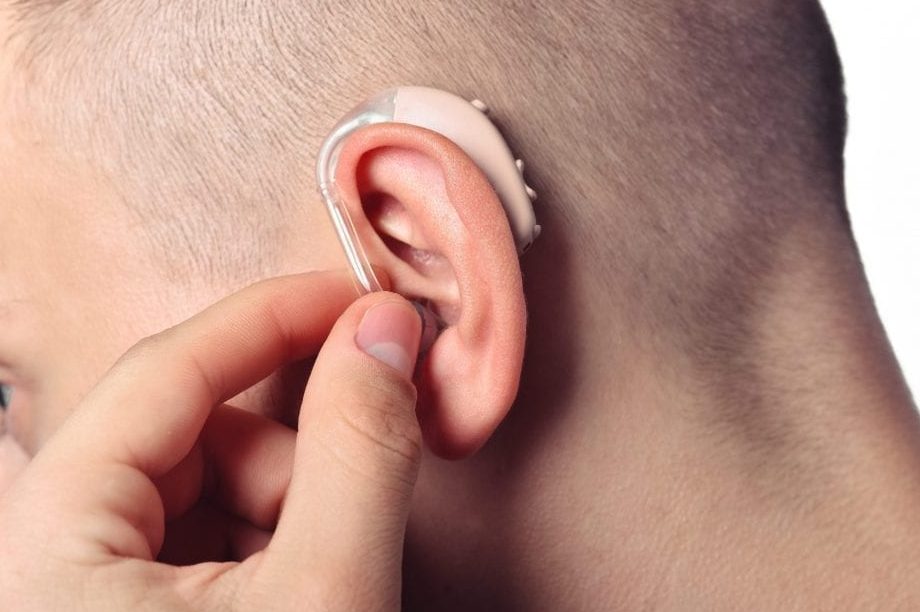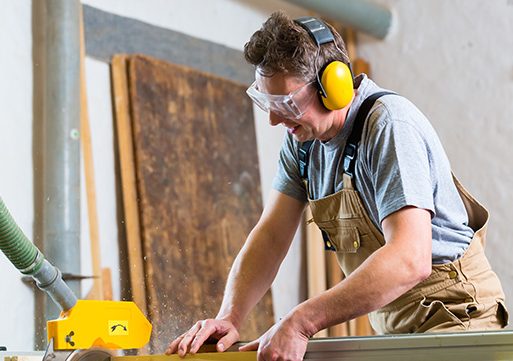How can we preserve our hearing?
a. Understanding the importance of hearing loss is key.
Hearing loss can be caused by prolonged or frequent exposure to loud noises. This is despite the fact it is preventable.
There are thousands of tiny hairs covering the cochlea, which capture sound vibrations and convert them into electrical impulses that can be processed by your brain. These small hairs can become damaged by loud noises and cause hearing loss. This type of hearing loss cannot be reversed. It is important to know how to protect your hearing and prevent it from becoming irreversible.
To protect your hearing, it is important to be able to identify dangerous noise levels. Hearing loss is caused by prolonged exposure to noise levels exceeding 85 dB. Your ears can benefit from reducing the noise level by a few decibels. This is because every 3 dB increase of noise level doubles how much sound energy has been released.
It is a smart idea to seek out a specialist if you have hearing difficulties or earache. A licensed ENT specialist can consult you depending on the issue. The doctor will conduct a series of tests that will determine if you have lost your hearing. Hearing aids are available to help with hearing loss.
b. Preventing hearing loss due to noise
Young people are most at risk for hearing loss from listening to loud music through headphones. If the volume of the mp3 player is too loud, or the background noise is too loud, you may feel uncomfortable listening to the music. When listening to music on an MP3 player, it is best to follow the 60/60 rule. This means you should listen to music at a maximum volume of 60%, and not for more than 60 minutes after you start listening.
Also, you need to be cautious when listening to music indoors such as in a car. Your ears may benefit from reducing the volume.
Hazardous sound environments are those where workers are exposed for prolonged periods to loud noises. This includes work environments like noisy machinery plants. Most jobs require employees to follow specific regulations in order to protect their hearing. If the average daily noise level in the workplace is higher than 85 dB, workers must be able use earplugs or earmuffs.
Self-employed workers are responsible for their hearing. If you’re doing any of these activities, such as mowing the lawn or making improvements to your house, make sure you have hearing protection.
Exposure to loud music can cause damage to your ears. If you want to protect your ears from the sound of live music, make sure that you are not in direct contact with any speaker, amplifier, or monitor. Try to get outside if you are spending the night at a bar or club. Give your ears a break. You can also wear earplugs when listening to live music. This can lower the sound level up to 35 dB.
Pregnant women should avoid loud noises as they can damage the hearing of their child. Children and young people are sensitive to loud noises because of their developing ears and thin skulls. Avoid concerts and noisy places exceeding 85 dB if you’re pregnant. According to some studies, it can cause hearing loss.
As noise levels above 80 dB have been shown to cause anxiety and hearing loss, it is important that newborns are not exposed to loud noises. Children are more sensitive to noise than adults. If the environment is too loud, it will be too loud for them. To avoid noises such as fireworks and concerts, you can use headphones or earplugs.
c. Avoiding hearing impairment from other sources
Chemicals and drugs that can cause hearing loss are known as ototoxic drugs. Salicylates (acetylsalicylic acids) and other anti-malarial medications are the most commonly used ototoxic drugs. Hearing loss has been linked with industrial resistance to chemical solvents. Avoid hearing loss caused by drugs and chemicals. Make sure you take your medication regularly. Also, report any side effects to your doctor.
You can protect your hearing from many diseases. Measles and rubella are the most common. Avoiding contact with those who have these diseases can help prevent hearing loss. If your child becomes ill, get them vaccinated and see a doctor.
Hearing loss can result from injury to the inner and middle ear. It is important to take every precaution possible to avoid any type of head trauma. Any contusions can affect your hearing, so always wear a helmet while riding a bike. Take the appropriate precautions to protect your ears from otic Barotrauma (changing of air pressure), by diving.
Ear sticks are often used to clean the ears. Chopsticks can cause a deeper ear wax buildup and can damage thin or sensitive skin. This can lead to hearing loss. The ear requires a certain amount to protect it. Most people don’t need to clean them. You can remove excess wax with a liquid solution if you feel it. This solution can be used to clean your ears before you go to bed. The solution will dissolve the wax and allow the water to flow freely.
Walking, running, and cycling are all cardio exercises that improve blood flow to the ears. This is good news for hearing. These workouts are best done in a calm place like a forest or secluded area. They give your ears a break from the everyday hustle and bustle.
A study showed that smokers are more likely than others to experience hearing loss. Both sodium and caffeine can cause hearing loss. Caffeine decreases blood flow, while sodium increases fluid retention.







